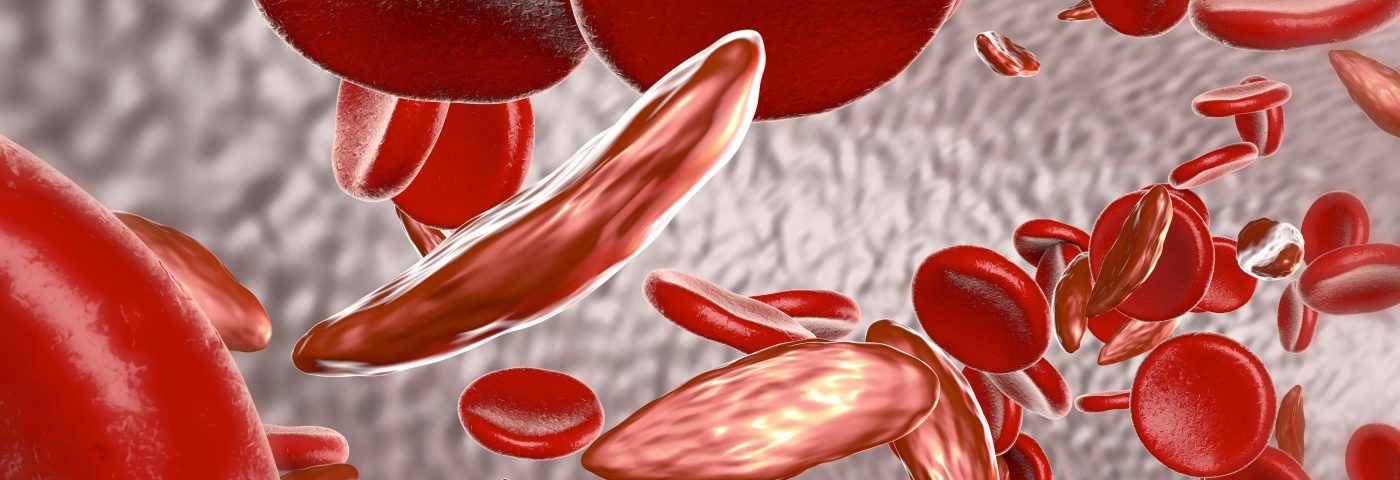Sickle Cell 101: Addressing Common Questions About My Blood Disorder
Written by |

Ed. note: Welcome to the new column, “Her Sickled Journey,” by Tito Oye.
Living with sickle cell anemia means that you have unknowingly agreed to a lifelong role of teaching. Many others are unaware of the challenges faced by those with the genetic disease, so we’re responsible for making it easier for the next person with sickle cell who comes along.
Most of the time, that’s fine by me; it’s a wonderful opportunity to educate someone. But sometimes it’s nice to skip the explanation and end a conversation with “because I have sickle cell” without having to follow it with a biology lesson.
In the U.K., approximately 15,000 people have sickle cell disorder and 240,000 have the sickle cell trait. Despite these numbers, it is rare for me to find someone who is knowledgeable about the condition. I’ve heard responses such as, “Oh, I’ve heard about it,” or “My cousin has it,” but they don’t fully understand it.
If you don’t know, I urge you to do some research. In the meantime, I’ll give you a brief explanation of the condition.
Sickle cell is an inherited disorder that affects the blood’s ability to carry oxygen. The red blood cells in my body are shaped like a “C” instead of the typical “O.”
A consequence of having these sickle-shaped red blood cells is that they can stick together, which restricts the flow in my blood vessels. This causes severe pain known as a sickle cell crisis. Due to the smaller size of my blood cells, they can’t carry sufficient oxygen, which leads to anemia. I tire very easily and often feel lethargic.
Other physical symptoms include jaundice, or a yellowing of my eyes and skin. I also have a higher-than-average risk of stroke. I will address additional symptoms of sickle cell in a later column.
In this column, I’d like to discuss the comments that those of us with sickle cell frequently deal with. Following are some of those questions that we don’t want to hear:
‘Is sickle cell contagious?’
No, sickle cell is 100 percent genetic. To have the full-blown condition, you must inherit the sickle cell gene from each parent. Sickle cell cannot skip a generation or suddenly develop later in life. You cannot catch it. You’re either born with it or you’re not — there is no in-between.
‘At least you’re immune to malaria.’
Unfortunately, this is not true. It has been found that those with the sickle cell trait have a greater resistance to malaria, hence the higher number of those with the sickle cell trait — and consequently, more people with sickle cell — in countries where malaria is a problem. Nevertheless, malaria can have an adverse effect on our health.
‘Your eyes look yellow.’
Why, thank you, I hadn’t noticed. Healthy red blood cells typically last for 120 days before they die and are disposed of by the liver. However, sickle cells only survive for 10 to 20 days. Jaundice is caused by the buildup of bilirubin, a yellowish substance found in red blood cells. My liver can’t dispose of the rapidly dying red blood cells quickly enough, which results in the accumulation of this substance in my body, and ultimately the yellowish tints.
The list goes on.
I understand that we are curious by nature and love to ask questions. But please remember the humanity when you make your inquiries. We “sickle cell warriors” are not freaks of nature, we have feelings. Be mindful that the aspects that fascinate you about our disability are the same as the daily challenges that we face.
***
Note: Sickle Cell Anemia News is strictly a news and information website about the disease. It does not provide medical advice, diagnosis, or treatment. This content is not intended to be a substitute for professional medical advice, diagnosis, or treatment. Always seek the advice of your physician or other qualified health provider with any questions you may have regarding a medical condition. Never disregard professional medical advice or delay in seeking it because of something you have read on this website. The opinions expressed in this column are not those of Sickle Cell Anemia News or its parent company, Bionews Services, and are intended to spark discussion about issues pertaining to sickle cell anemia.



Joan C. Lambright
Thank you for this information. I have Sickle Cell Anemia Disease SC and am often asked to explain this disease. The information you share is informative and to the point. This allows me to explain in a clear manner that can be understood without a lot of medical terms.
I appreciate you!
Mustapha Ovie Ibrahim
I have been trying to find this site, but I think I am her
I a sickle cell anemia and I am 34 year's now
Onome Kingsley
I am also and am 41yr old but I don't fill any of d sign anymore, the only problem am having now is that I have this injury in my leg which make me to be limping for 11yrars now which have refused to Hill don't kn what to do and this has make me spend do much.